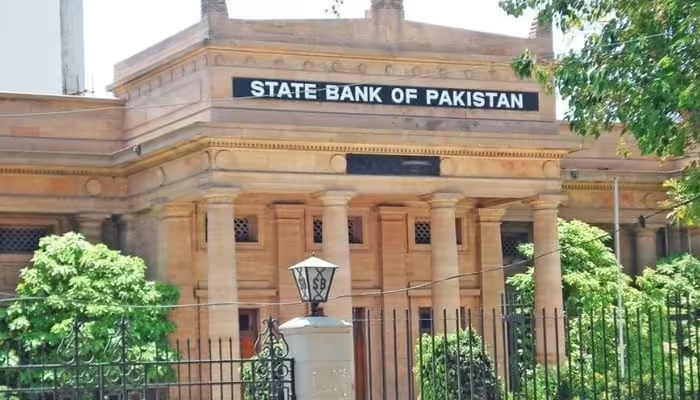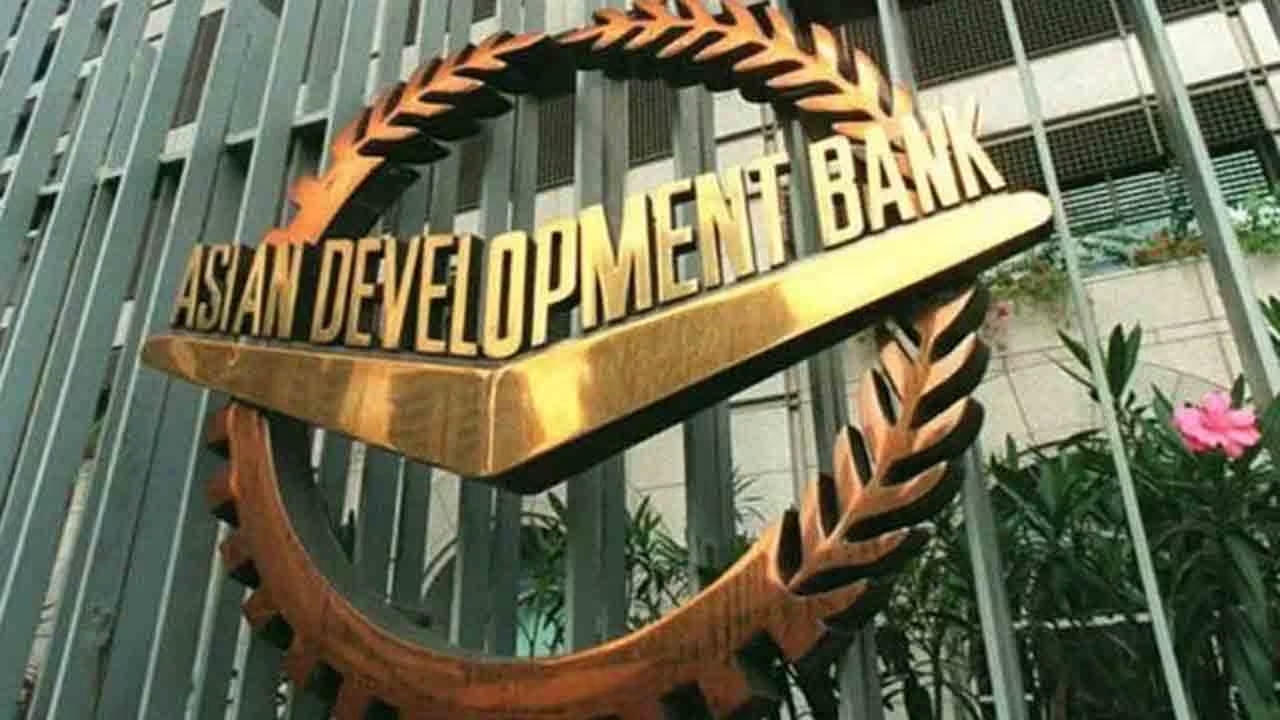In a recently issued statement, Governor of the State Bank of Pakistan (SBP), Jameel Ahmad, announced a significant increase in the country’s foreign exchange reserves. The rise in reserves comes as a welcome development for Pakistan’s economy, which has been facing various challenges over the past few years. Ahmad emphasized that the stabilization of the foreign exchange reserves offers a promising opportunity to promote economic growth, particularly by encouraging innovation in the banking sector.
The Role of IMF in Boosting Reserves
Governor Ahmad attributed the increase in foreign exchange reserves primarily to the recent disbursement from the International Monetary Fund (IMF). Pakistan received the first tranche of a $7 billion bailout package from the IMF, aimed at stabilizing the country’s fragile economy. This inflow of funds has not only strengthened Pakistan’s foreign reserves but also provided much-needed relief amidst rising economic pressures.
The first installment of the IMF program amounted to Special Drawing Rights (SDR) 760 million, which is equivalent to $1.26 billion USD. This inflow marks the beginning of a broader loan program designed to restore macroeconomic stability in Pakistan, improve fiscal management, and support long-term growth prospects.
The Importance of Stabilizing Foreign Exchange Reserves
Foreign exchange reserves are vital for any country’s economy as they serve multiple functions. Primarily, these reserves provide a buffer to absorb external shocks, ensure stability in the currency exchange market, and support the payment of foreign debts. For Pakistan, which has been grappling with a depreciating currency and soaring inflation, the recent boost in reserves is a critical step toward economic recovery.
Governor Jameel Ahmad highlighted that the increase in reserves is not just a short-term fix. It signals the beginning of a more stable financial environment that will allow for the promotion of various economic sectors, including banking, manufacturing, and trade. By fostering innovation within the banking sector, the governor hopes that new financial instruments and policies can be introduced to further strengthen the economy.
The Impact of IMF Program on Pakistan’s Economy
The $7 billion bailout package from the IMF is expected to play a crucial role in stabilizing Pakistan’s economy in the coming years. The IMF program aims to support Pakistan’s efforts to reduce its budget deficit, manage inflation, and address structural weaknesses in the economy. In addition to direct financial assistance, the IMF program also provides Pakistan with technical support and policy guidance to ensure sustainable economic growth.
Governor Ahmad reiterated that the IMF’s involvement brings credibility and confidence to Pakistan’s financial markets. This confidence boost can help attract further investments from international donors and institutions, which are essential for long-term economic growth.
However, it’s important to note that the IMF program comes with stringent conditions. These include reducing subsidies, implementing tax reforms, and enhancing transparency in public spending. While these measures are necessary to improve Pakistan’s fiscal discipline, they can also pose challenges for the government in the short term, especially in terms of public acceptance and potential impact on inflation.
Innovation in the Banking Sector: A Key to Economic Growth
Governor Jameel Ahmad stressed the importance of innovation in the banking sector as a driver for economic growth. By introducing new financial products, expanding digital banking, and improving access to credit for small and medium-sized enterprises (SMEs), Pakistan can promote entrepreneurship and business development across various industries.
The State Bank has been actively working to improve financial inclusion in Pakistan. Recent initiatives such as promoting digital banking, expanding mobile banking services, and improving access to microfinance are part of the broader strategy to ensure that more Pakistanis have access to formal banking services. According to Ahmad, these efforts will help create a more dynamic economy and stimulate job creation, particularly in underserved communities.
Additionally, the governor pointed out that modernizing the banking infrastructure will play a crucial role in attracting foreign investments. Investors are more likely to put their money into a country with a well-developed, transparent, and innovative financial system. By adopting global best practices and encouraging technological advancements, Pakistan’s banking sector can become more competitive on the international stage.
Outlook for the Future
While the increase in foreign exchange reserves is a positive development, challenges still remain for Pakistan’s economy. Inflation continues to be a pressing issue, with rising energy costs and food prices putting pressure on household incomes. Moreover, the implementation of structural reforms required by the IMF could lead to short-term economic discomfort, particularly for lower-income households.
Despite these challenges, the overall outlook is cautiously optimistic. Governor Ahmad remains confident that the steps being taken under the IMF program, combined with innovations in the banking sector, will put Pakistan on a path to sustained economic growth. By improving its financial infrastructure, increasing foreign reserves, and adhering to fiscal discipline, Pakistan is positioning itself for a more stable and prosperous future.
A Step Toward Economic Recovery
The recent boost in foreign exchange reserves, thanks to the IMF tranche, marks an important milestone for Pakistan’s economy. With the State Bank of Pakistan focusing on promoting innovation within the banking sector and stabilizing reserves, the country is taking significant steps toward addressing its economic challenges. However, sustained efforts will be required to ensure long-term growth and stability. The collaboration with international institutions like the IMF, combined with domestic reforms, offers Pakistan a unique opportunity to strengthen its economy and provide relief to its citizens.



